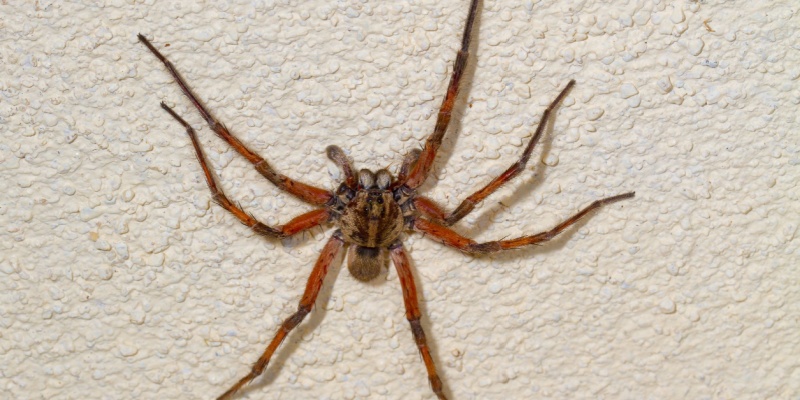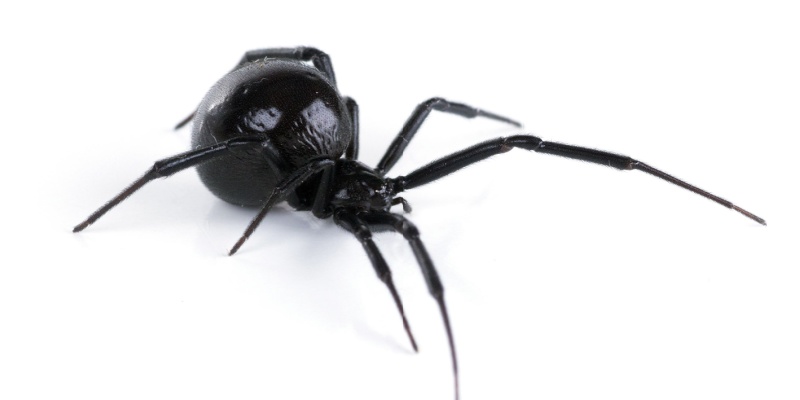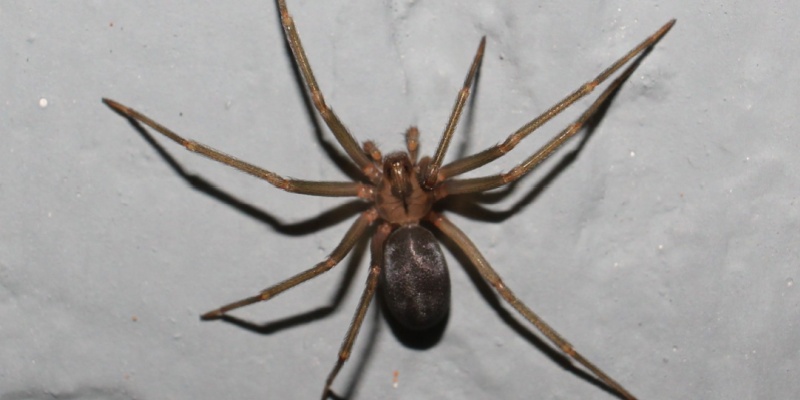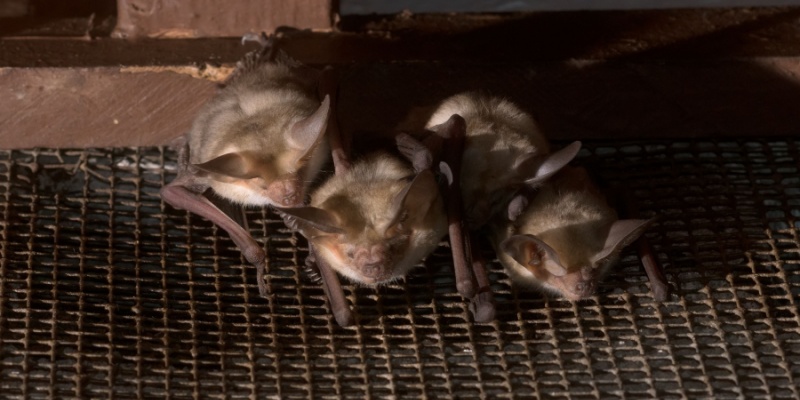Northern Kentucky is home to a variety of spider species, some of which can become a nuisance for homeowners. Here are the most common types of spiders you might encounter in your Northern Kentucky home:
1. House Spider (Parasteatoda tepidariorum)
House spiders are often found in homes, building webs in corners and undisturbed areas. They are generally harmless but can be a nuisance due to their webs.
2. Wolf Spider (Lycosidae)
Wolf spiders are large and hairy, often mistaken for tarantulas. They don’t spin webs to catch prey but are active hunters. While intimidating, they are not dangerous to humans.
3. Brown Recluse Spider (Loxosceles reclusa)
Brown recluses are known for their venomous bite, which can cause severe reactions in humans. They are typically brown with a violin-shaped marking on their back. They prefer dark, undisturbed areas like basements and closets.
4. Black Widow Spider (Latrodectus mactans)
Black widows are easily recognizable by their shiny black bodies and red hourglass markings on the abdomen. Their venom is potent, and bites require immediate medical attention. They are often found in woodpiles, sheds, and garages.
5. Jumping Spider (Salticidae)
Jumping spiders are small and compact with excellent vision. They are known for their distinctive, jerky movements and vibrant colors. They are generally harmless to humans.
6. Orb-Weaver Spider (Araneidae)
Orb-weavers are known for their large, intricate webs. They are typically found in gardens and wooded areas. These spiders are beneficial as they help control insect populations.
Habitat and Behavior
Each spider species has distinct behaviors and habitat preferences. House spiders thrive indoors, while wolf spiders and orb-weavers are more common in gardens and outdoor areas. Brown recluses and black widows seek dark, secluded spaces, making basements and attics ideal for them.
Health Risks and Concerns
While most spiders in Northern Kentucky are harmless, brown recluses and black widows pose health risks due to their venomous bites. Symptoms can range from mild irritation to severe pain and medical complications. It’s important to identify and address infestations promptly to mitigate these risks.
Preventive Measures
To reduce the risk of spider infestations, homeowners can take several preventive measures:
- Seal Entry Points: Ensure that windows, doors, and other entry points are properly sealed to prevent spiders from entering your home.
- Reduce Clutter: Keep your home clean and free of clutter, especially in basements, attics, and storage areas where spiders are likely to hide.
- Outdoor Maintenance: Maintain your yard by trimming bushes, removing debris, and keeping woodpiles away from the house.
- Regular Cleaning: Regularly vacuum and dust to remove spider webs and eggs.
When to Seek Professional Help
If you encounter venomous spiders like brown recluses or black widows, or if you have a large infestation, it’s best to seek professional pest control services. Experts can provide a thorough inspection, effective treatment, and preventive advice to ensure your home remains spider-free.
Understanding the common spider species in Northern Kentucky can help homeowners identify and manage infestations more effectively. By taking preventive measures and knowing when to call in professional help, you can maintain a safe and comfortable living environment. Remember, while most spiders are beneficial and harmless, it’s crucial to address any potential threats posed by venomous species.



